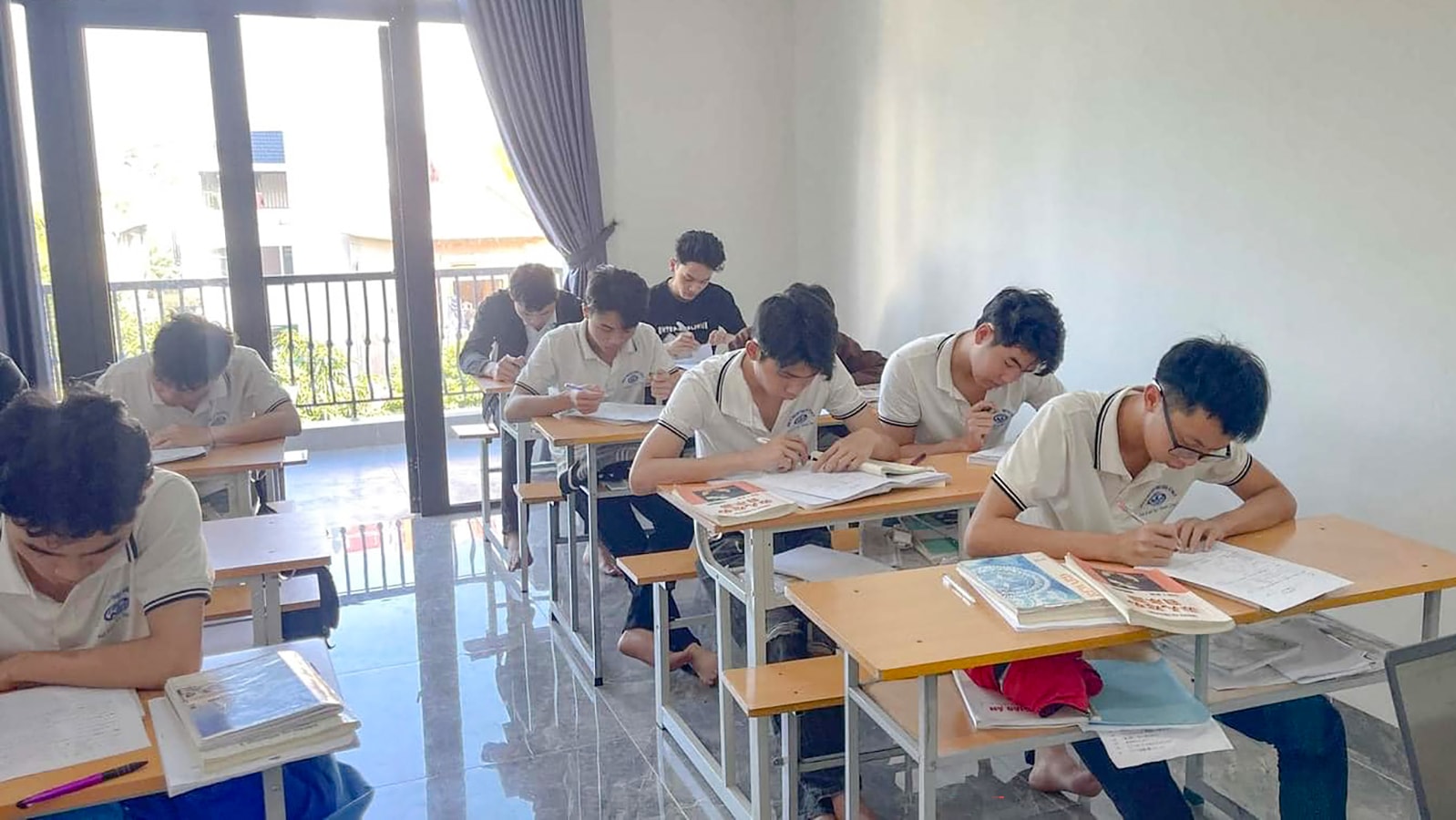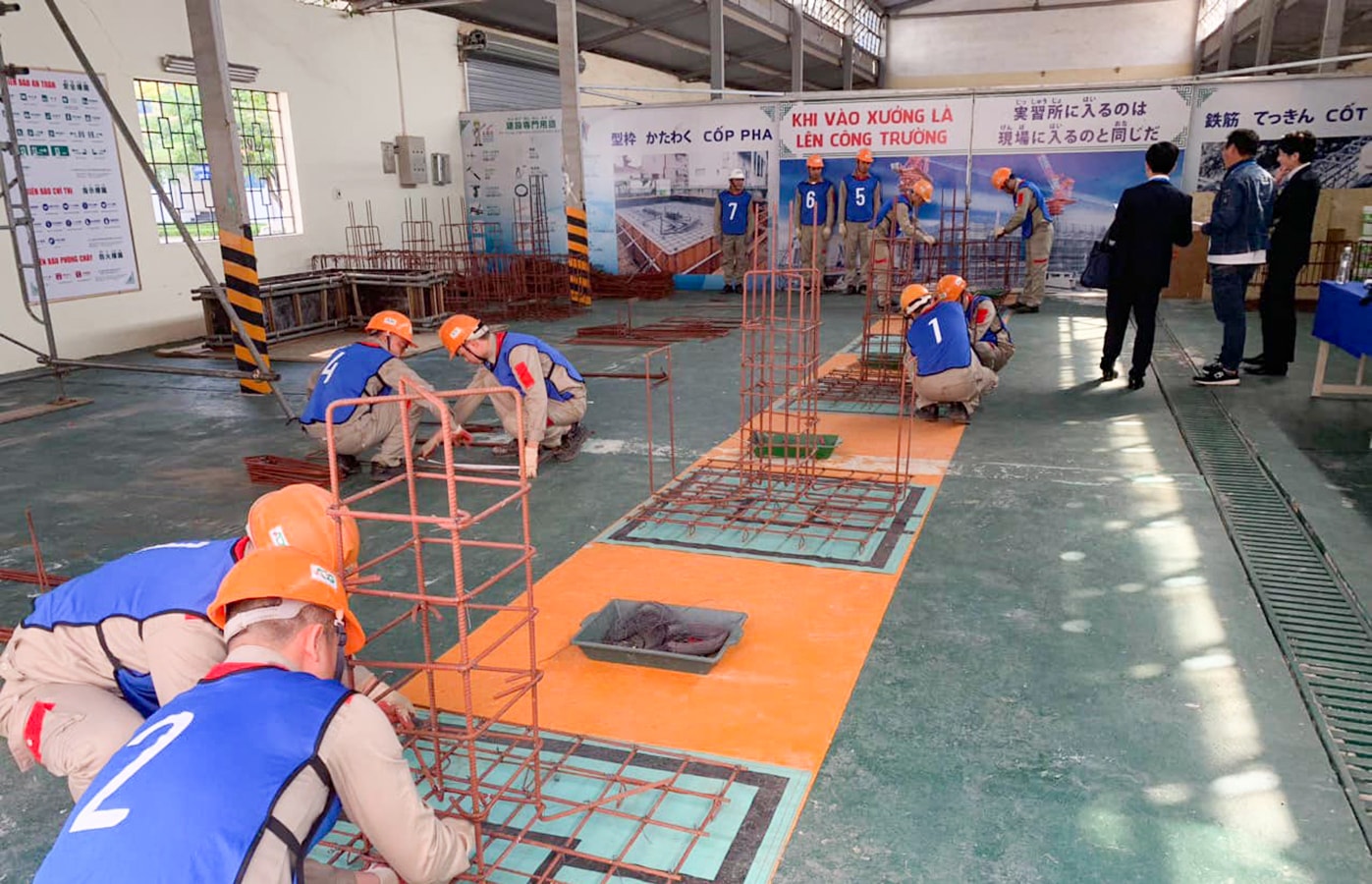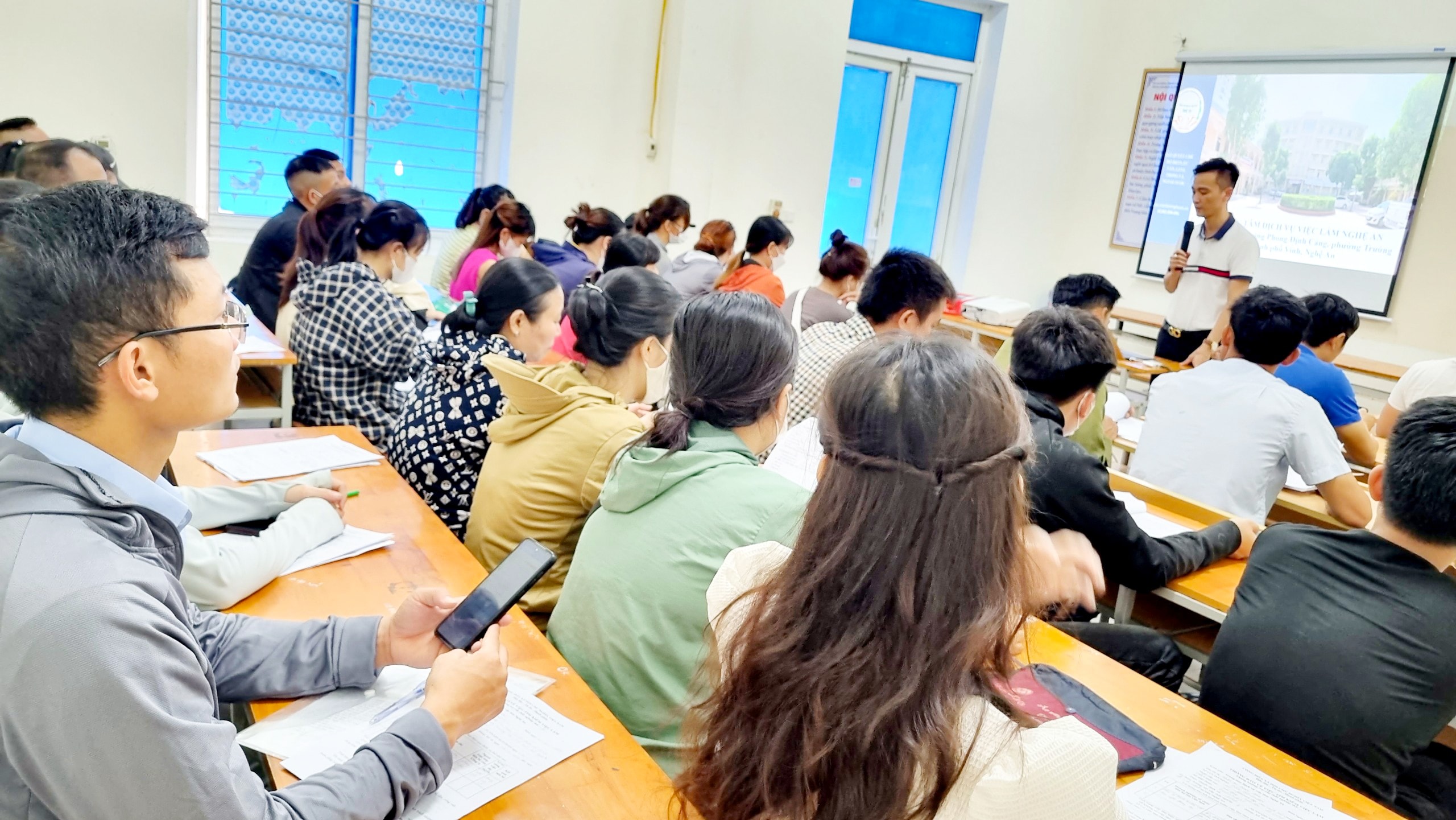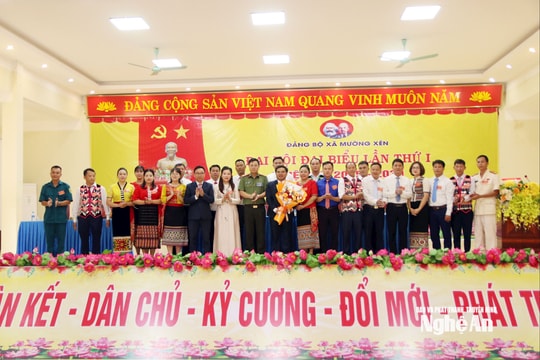Japanese labor export market - the top choice of Nghe An workers
(Baonghean.vn) - Despite facing the risk of natural disasters or the devaluation of the yen, in recent years, Japan is still an overseas labor market chosen by many Vietnamese workers in general and Nghe An workers in particular to improve their lives.
The market is chosen by more than 50% of exported workers.
In the past 10 years, among the high-income foreign labor markets chosen by Nghe An workers, the Japanese market has had the fastest growth rate.
In particular, since 2015, South Korea has begun to tighten labor recruitment in localities with many illegal workers. At the same time, Japanese enterprises have become less strict with input criteria (physical, educational level, foreign language, skills), shortened the time to register for exit, etc., Japan has become a market chosen by many Nghe An workers.
If in 2015, the number of people going to work in Japan was only over 2,100 people, in recent years this number has been around 10,000 people. As of 2022, out of a total of 24,560 workers working under fixed-term labor contracts abroad in the province, up to 9,425 workers went to work in Japan (accounting for 38.4%), ranking second among the foreign labor markets chosen by Nghe An workers after Taiwan.
In 2023, the number of Nghe An workers going to work in Japan increased sharply, with 14,074 out of a total of 25,130 workers going to work abroad in the province (accounting for 56%), making Japan the leading labor export market for Nghe An workers.
According to Ms. Dang Thi Phuong Thuy - Deputy Head of the Department of Employment - Labor Safety (Department of Labor - Invalids and Social Affairs), for many years, due to the problem of population aging, Japan has had a need to receive a large number of workers in the fields of mechanics, textiles, seafood processing, food processing, agriculture, textiles, nursing...

At the end of 2018, the Japanese Cabinet approved a new policy package on the labor import program, according to which, within 5 years from April 2019, Japan will receive 345,000 foreign workers for industries with labor shortages such as construction, agriculture, nursing... The priority countries for selection will be China, Indonesia, Mongolia, Myanmar, Nepal, Thailand, the Philippines and Vietnam.
According to the Japan International Cooperation Agency (JICA), by 2030, Japan will need an additional 630,000 foreign workers to supplement its workforce. JICA also said that Japan is taking steps to improve the working environment and increase benefits for foreign workers, especially high-quality workers in the manufacturing and processing industries...
In addition, depending on the industry and qualifications, the average salary paid to export workers in Japan usually ranges from 120,000 - 180,000 Yen/month (equivalent to 21-30 million VND, calculated according to the current Yen exchange rate), significantly higher than many other markets. Welfare regimes such as insurance, leave, and bonuses in Japan are clearly regulated; there are many opportunities to return to work after the expiration of the labor contract. These are the advantages that make the Japanese market chosen by many Vietnamese workers in general and Nghe An workers in particular.
With a daughter named Nguyen Thi Thuy Hong who passed the rigorous selection round of a food processing company and just left the country at the end of June 2023 to work as an intern in Ibaraki province, Mr. Nguyen Van The in hamlet 9B, Hung Linh commune (Hung Nguyen), said that his daughter went to work in Japan for a period of 3 years, with a monthly salary of 130,000 Japanese Yen (nearly 22 million VND). The contract can be extended to 5 years if his daughter wants to stay and work. This is an opportunity for his daughter to accumulate income and at the same time be equipped with many skills and knowledge to have a better life when she returns home.
Need to learn carefully
Currently, with high salaries and good welfare regimes, the Japanese labor export market is still considered a very attractive market. When the Yen exchange rate is high, there are times when workers are paid salaries of up to more than 40 million VND/month.
In 2022 and 2023, the Yen exchange rate will decrease sharply, but the Japanese market will still be very attractive to workers because the salary is still much higher than working in the country. In addition, the Japanese Government has also introduced many new policies to attract foreign workers such as visa relaxation, travel expense support, and minimum wage increase. This creates more favorable conditions for foreign workers to work.
However, there are some points that workers who want to work in Japan need to consider carefully. Currently, in the province, there are dozens of companies recruiting workers to export to Japan and through research, depending on each company, the cost of going to Japan for each worker is about 80 - 120 million VND. For poor workers, this is too much cost compared to their family's ability.

Besides, compared to other foreign labor markets such as Taiwan and Middle Eastern countries, Japan is still a rather demanding labor market. According to representatives of some labor export companies in the province, for many years, Japanese enterprises have applied the "3 choose 1" recruitment rule, which means that they must prepare 3 times more workers to apply than the number of workers needed for each order. The situation of being left behind after many interviews makes many workers lose confidence, become discouraged, and do not want to apply.
Furthermore, the fast-paced, highly disciplined industrial style of Japanese enterprises also makes it difficult for some Vietnamese workers to get used to the working environment in the first days.
After 5 months of studying Japanese, Mr. Nguyen Van Long, residing in Trung Son commune (Do Luong) has been working in Japan in the construction industry for nearly 4 months now. Through social networks, Mr. Long said that although during his time in Vietnam, he was trained in Japanese and educated on work style and awareness, when he arrived in Japan, he still encountered many difficulties because the Japanese people attach great importance to etiquette and strictly adhere to discipline and labor safety.
“In the first few months, if Vietnamese workers are not persistent in adapting to this, they can easily get discouraged, leading to them running away to find other jobs, violating the laws of the host country,” said Mr. Long.

Therefore, Nghe An workers need to learn carefully about the working environment in Japan as well as further improve their awareness and working style to seek opportunities and have sustainable jobs in this country. In addition, to avoid being scammed as was common with workers going to work in Korea in the past, workers should learn carefully about labor export companies or go to the Provincial Employment Service Center to get advice, introduction to reputable units, and instructions on how to prepare documents and procedures most conveniently./.


.jpg)


.jpg)



